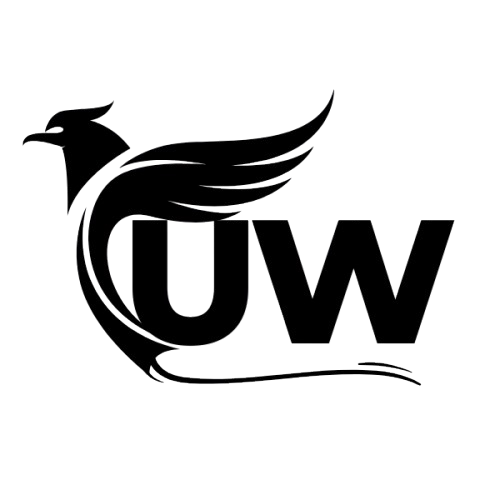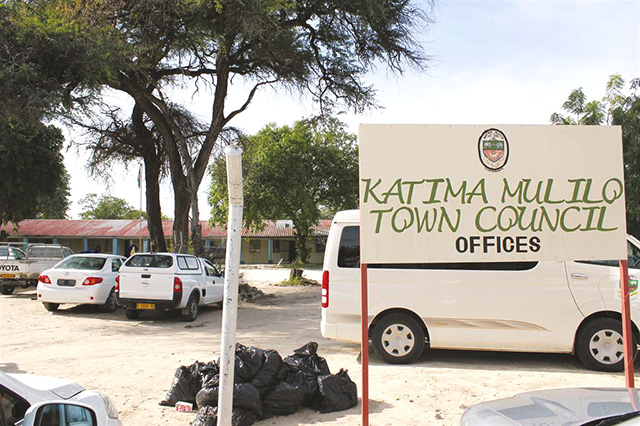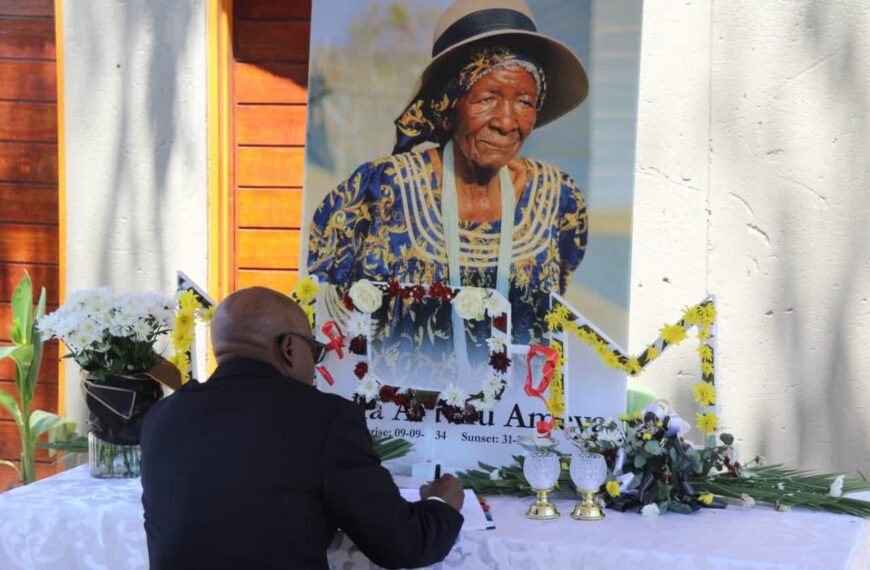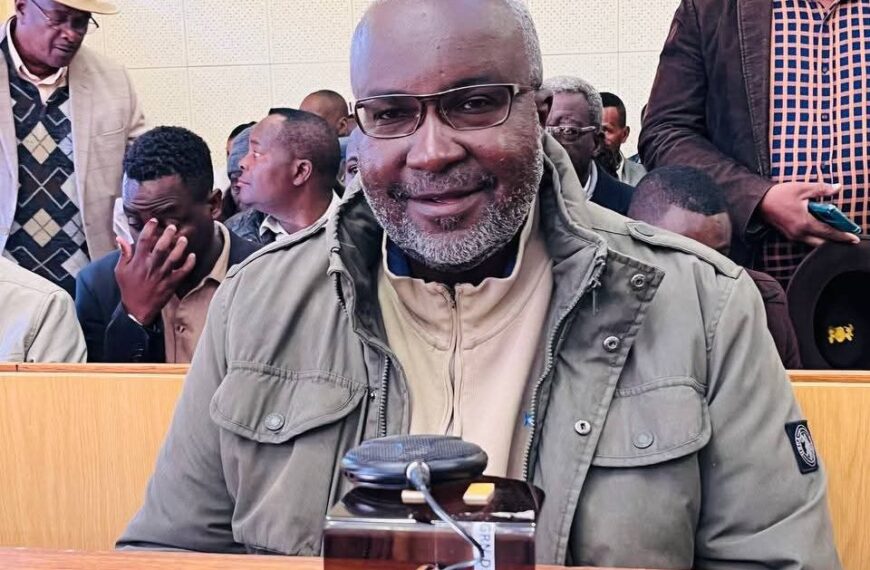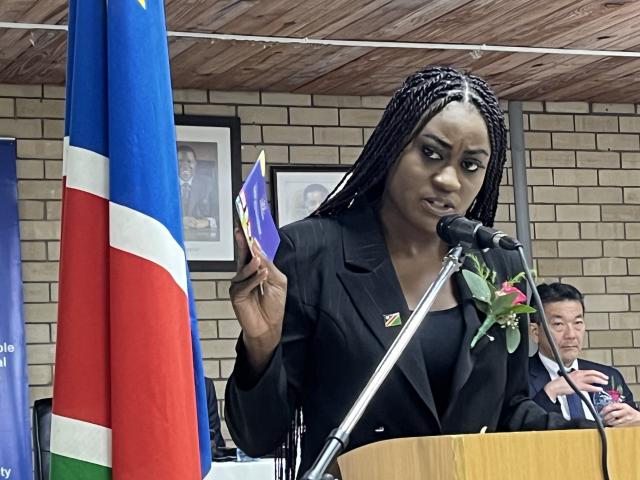
Minister of Health and Social Services, Dr Esperance Luvindao, has called for the immediate deployment of Medicines Inspectors at Namibia’s borders, following the illegal entry of an unregistered antimalarial drug into the country.
The drug in question Quinine Sulphate Tablets was imported through the Ngoma border post, a non-designated entry point for pharmaceutical goods. The consignment was brought in by Corances, trading as West Pharmaceuticals, on 16 May 2025. Although the company held authorisation to import from Aspen Pharmacare of South Africa, it instead brought in a batch manufactured by Africure Pharmaceuticals in India, which has not been registered for use in Namibia.
“This breach has made it clear that our current system reliant on just six Medicines Inspectors based in Windhoek is insufficient,” Dr Luvindao said during a parliamentary address. “We must decentralise our regulatory enforcement and ensure border points are staffed with qualified inspectors to prevent further violations.”
Upon discovering the issue initially flagged through a social media post the National Medical Research Council (NMRC) launched an immediate investigation. Inspectors liaised with Customs to track the consignment, and a follow-up site visit to the Central Medical Stores (CMS) confirmed the details of the unauthorized import.
Dr Luvindao said the import violated multiple sections of the Medicines and Related Substances Control Act, 2003, including Sections 18, 27, 37, and 45, which govern the registration, importation, and sale of medicines in Namibia. She clarified that no exemptions had been granted for the consignment, and that using the Ngoma border post itself was a violation of import regulations.
She warned that the importing company may face legal consequences, including prosecution under the Medicines Control Act and possible blacklisting under the Public Procurement Act.
“This is not just a technical oversight; it is a direct threat to public health and the integrity of our healthcare system,” the Minister stated firmly. “All those found guilty will be held accountable there will be no special treatment.”
As part of a broader effort to prevent similar incidents, the Ministry is reviewing existing border procedures and exploring legislative reforms. The Legal Committee is also actively working on recommendations for disciplinary measures, which will be presented to relevant authorities in due course.
The incident underscores the growing concern over pharmaceutical oversight at Namibian borders, especially amid rising public demand for medicine safety and transparency.

